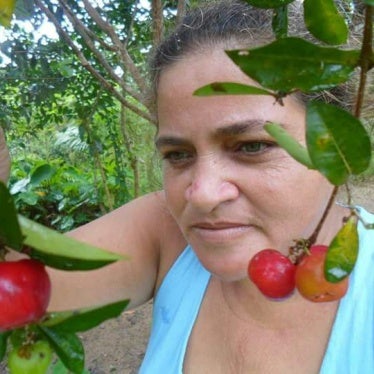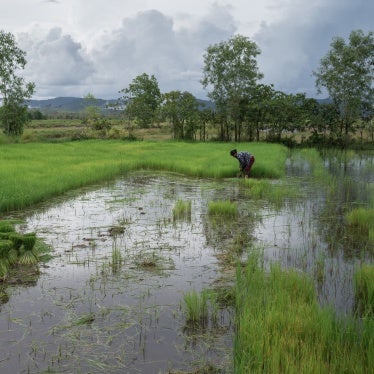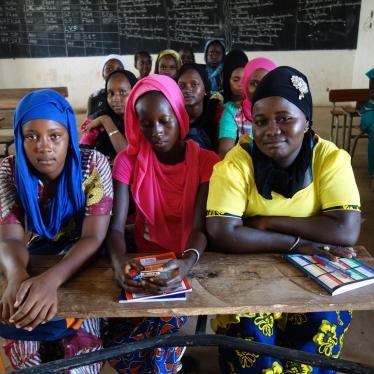Committee on World Food Security
FAO Headquarters
Viale delle Terme di Caracalla
00153 Rome, Italy
Dear Members of the Committee on World Food Security,
I write to you today in advance of the Committee’s Plenary in October, where the Principles for Responsible Investment in Agriculture and Food Systems will be adopted.
Human Rights Watch is deeply concerned that in the August 11, 2014 draft of the principles, the provision related to the effective and meaningful consultation with indigenous peoples remains bracketed. The full text of the provision, under Principle 9: Incorporate inclusive and transparent governance structures, processes, and grievance mechanisms, states:
“Effective and meaningful consultation with indigenous peoples, through their representative institutions in order to obtain their free, prior, and informed consent under the United Nations Declaration of Rights and Indigenous Peoples and with due regard for particular positions and understanding of individual States.”[i]
In invoking the UN Declaration, the bracketed language is consistent with international law related to the rights of indigenous peoples and a growing body of case law that underscore the validity of indigenous customary rights and protections from involuntary displacement from traditionally occupied lands. Under these standards, the rights of indigenous occupants to their lands should be recognized in law and they can only be displaced with their free, prior, and informed consent.
Free, prior, and informed consent is the collective right of a people to participate in the decisions affecting their lands, territories, and resources or rights in general and their consent must be sought prior to any changes. In addition they must be fully informed of the choices available to them and provided with alternative land, livelihoods, or compensation to which they must also agree in advance, and agreement where possible, on the option of their return to their land. This robust consent extends to the use of their land for proposed projects, including extractive industries or agriculture. Indigenous peoples must also be fairly compensated for the loss of ancestral land and provided with alternative livelihood opportunities.
Lack of free, prior, and informed consent can lead to devastating consequences for indigenous peoples. For example, in 2012, Human Rights Watch research in the Lower Omo Vally of Ethiopia indicated that Ethiopia’s government was forcing indigenous residents from their ancestral lands using harassment, violence, and arbitrary arrests to make way for major irrigated agriculture, particularly state-run sugar plantations, downstream of a massive dam that is currently being constructed known as Gibe III.[ii] While government sources indicate that the sugar plantations will create more than 150,000 jobs, they put at risk the livelihoods of hundreds of thousands of indigenous peoples.
Indigenous peoples’ rights, particularly land and resource rights including their right to free, prior, and informed consent, must be a pillar of any principles related to the responsible investment in agriculture and food systems. These rights are integral elements of the right to take part in cultural life, which is interdependent of the right of all peoples to self-determination and the right to an adequate standard of living. I ask that all members of the committee support the inclusion of the bracketed text. Failure to ensure this provision is secured within a final text undermines respect for these rights, thereby putting at risk the sources of livelihood and culture for many indigenous communities.
Thank you for your consideration,
Sincerely,
Arvind Ganesan
Director, Business and Human Rights Division
Human Rights Watch
[i] CFS, “Principles for Responsible Investment in Agriculture and Food Systems,” August 11, 2014, http://www.fao.org/fileadmin/templates/cfs/Docs1314/rai/Endorsement/CFS_... (accessed October 7, 2014).
[ii] Human Rights Watch, “Waiting Here for Death”: Forced Displacement and “Villagization” in Ethiopia’s Gambella Region, January 7, 2012, https://www.hrw.org/reports/2012/01/16/waiting-here-death.








